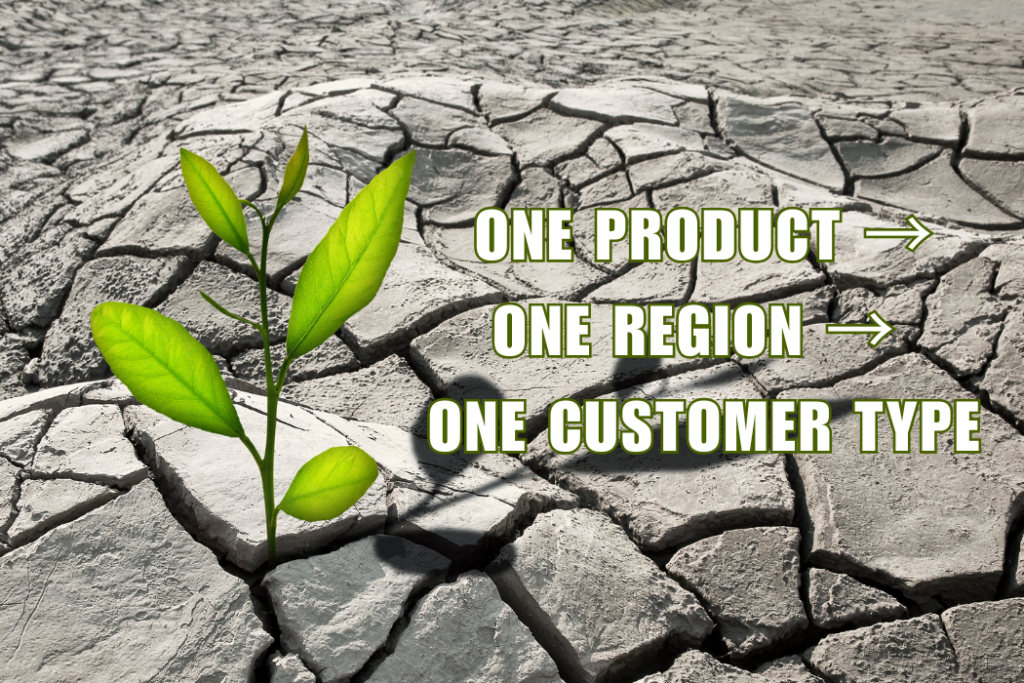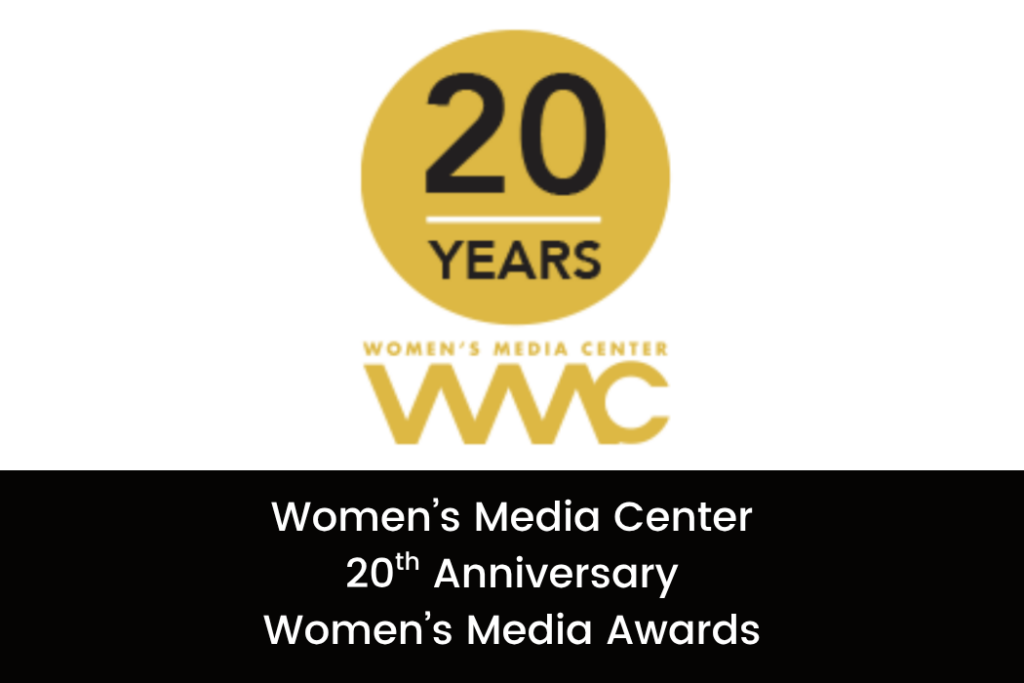
In 2017, I was invited to speak at a business conference to provide guidance on how small businesses, particularly those owned by women and people of color, could navigate the “Era of Trump.” Many attendees were deeply concerned. They wondered how their businesses would survive under an administration that was openly hostile to the policies and institutions designed to support economic inclusion and minority business growth. The question was clear: How would these businesses fare under a Trump presidency?
My message then, as it is now with the dawn of a second Trump administration, was simple but profound: develop the power of radical self-reliance. This principle is not about retreating into isolation or refusing partnerships. On the contrary, radical self-reliance is about first cultivating an unwavering foundation of self-development. It means fortifying oneself with knowledge, discipline, strategic acumen, and resilience so that external forces, no matter how hostile, cannot dictate one’s success. Once this foundation is solid, alliances and partnerships become not just beneficial but truly strategic, allowing individuals and organizations to engage from a position of strength rather than dependency.
Radical Self-Reliance in Action
The principle of radical self-reliance has been a defining characteristic of some of history’s most accomplished figures across disciplines. Let us examine its impact in the fields of engineering, politics, and sports.
Engineering: The Wright Brothers
Wilbur and Orville Wright did not wait for institutional backing or governmental approval to pursue their dream of human flight. Instead, they relied on their own intellectual curiosity, experimentation, and resourcefulness. With limited formal education, they taught themselves the principles of aerodynamics, propulsion, and control systems, ultimately achieving the first powered flight in 1903. Their radical self-reliance in mastering engineering concepts and materials allowed them to revolutionize the world.
Politics: Shirley Chisholm
In 1968, Shirley Chisholm became the first Black woman elected to the U.S. Congress. Running a campaign without the traditional party backing, she relied on grassroots support, a clear vision, and her own resilience. Her motto, “Unbought and Unbossed,” exemplified radical self-reliance, proving that personal conviction and relentless self-development can overcome institutional barriers. Her groundbreaking work paved the way for generations of marginalized individuals seeking public office.
Sports: Serena Williams
Serena Williams’ rise to tennis dominance was built on radical self-reliance. From an early age, she and her sister Venus trained under unconventional circumstances, guided by their father’s belief in their potential despite external skepticism. Serena developed a mental toughness that allowed her to dominate the sport, often overcoming injuries, biases, and systemic barriers. Her self-reliance did not preclude partnerships, but it ensured that she always competed from a position of inner strength.
If I Were You, I Would…
For young professionals looking to harness the power of radical self-reliance, I offer the following four recommendations:
- Invest in Continuous Self-Education – The world evolves rapidly, and those who depend solely on traditional education will find themselves obsolete. Read voraciously, seek mentors, and stay ahead of emerging trends in your industry.
- Develop an Entrepreneurial Mindset – Even if you do not own a business, think like an entrepreneur. Take ownership of your career, build multiple income streams, and cultivate problem-solving skills that make you indispensable.
- Master Emotional and Mental Resilience – Setbacks are inevitable. The difference between those who succeed and those who falter is the ability to recover quickly. Develop daily habits—meditation, journaling, physical fitness—that fortify your mental and emotional strength.
- Create Strategic Partnerships from a Position of Strength – Once you have cultivated your own capabilities, seek out alliances that complement and amplify your strengths. Radical self-reliance does not mean isolation; it means entering relationships as an asset rather than a liability.
As we move forward in uncertain times, radical self-reliance will be an essential tool for success. The world does not promise fairness, but those who commit to self-development, resilience, and strategic engagement will always find a way to thrive.













